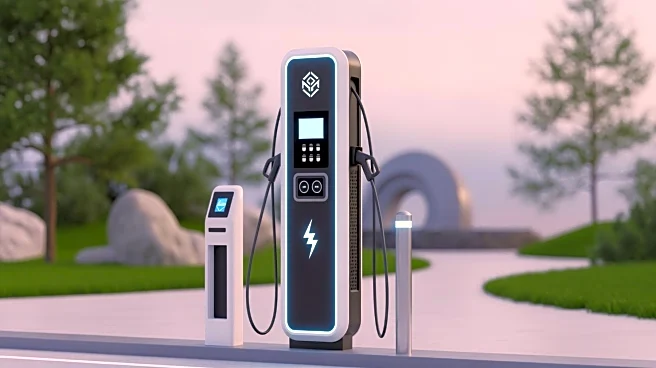What's Happening?
A CNET analysis reveals that charging electric vehicles (EVs) is generally cheaper than fueling gasoline-powered cars, based on current U.S. averages. The study compares the costs of charging at home versus
public charging stations and highlights the variability in electricity prices across different states. While charging at home during off-peak hours is the most cost-effective method, public charging can be more expensive. The analysis uses data from government sources and industry experts to demonstrate the financial benefits of EVs over traditional vehicles.
Why It's Important?
The findings underscore the economic advantages of electric vehicles, which could accelerate their adoption among consumers seeking to reduce transportation costs. As gasoline prices remain volatile, the stability and lower cost of electricity present a compelling case for transitioning to EVs. This shift could have significant implications for the automotive industry, energy markets, and environmental policy, as increased EV adoption contributes to reduced carbon emissions and fossil fuel dependency.
What's Next?
As more consumers consider switching to electric vehicles, there may be increased demand for home charging infrastructure and incentives to support EV adoption. Policymakers and industry stakeholders could focus on expanding public charging networks and addressing regional disparities in electricity costs. Additionally, advancements in battery technology and renewable energy integration could further enhance the cost-effectiveness and sustainability of EVs.
Beyond the Headlines
The transition to electric vehicles raises ethical and environmental considerations, including the sourcing of materials for batteries and the impact on energy consumption patterns. Long-term shifts in transportation infrastructure and urban planning may be influenced by the growing prevalence of EVs.











